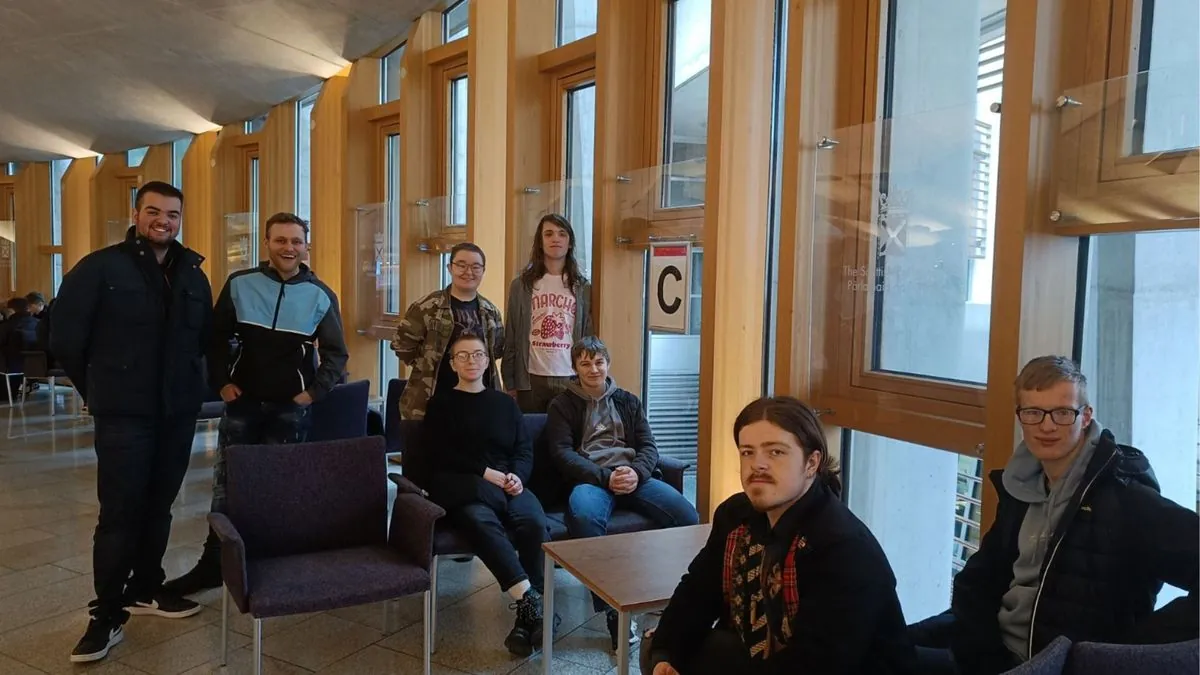Scottish Labour's Dilemma: Balancing Criticism and Popular Policies
Scottish Labour faces challenges in addressing SNP's popular but potentially unsustainable social programs, while navigating internal disagreements on policy approaches, particularly regarding university tuition and winter fuel payments.

The political landscape in Scotland is experiencing significant shifts as the Scottish National Party's (SNP) long-standing social programs face scrutiny. Rachel Reeves, the Shadow Chancellor, has claimed that Anas Sarwar, Scottish Labour's leader, warned about the unsustainability of SNP's "freebie" policies. However, this assertion has been met with skepticism.
SNP's popular social initiatives, including free university tuition, prescriptions, and bus passes for certain age groups, have been a cornerstone of their governance since 2007. These programs, while widely appreciated, are now under financial strain. The SNP government, led by John Swinney, is grappling with budget constraints that may threaten the continuation of these policies.
The free university tuition policy, introduced in 2008, has become a particularly contentious issue. Critics argue that it may inadvertently disadvantage poorer students due to the lack of funds for subsistence grants. Additionally, concerns have been raised about Scottish universities potentially favoring fee-paying students from outside Scotland.

Anas Sarwar, who assumed leadership of Scottish Labour in 2021, faces a delicate balancing act. With the next Scottish Parliament election scheduled for 2026, he must navigate criticizing SNP policies while not alienating voters who benefit from these programs. This challenge is exemplified by the recent controversy over winter fuel payments for pensioners.
The UK government's decision to end winter fuel payments has been mirrored by the Scottish government, citing lack of funding. This move has sparked internal debate within Scottish Labour, with some members, including Lord George Foulkes, calling for a reconsideration of the policy.
"A 're-think' over the policy is necessary, and the cut should be postponed for as long as possible."
As winter approaches and energy prices are expected to rise, the pressure on Scottish Labour to address this issue intensifies. The party is exploring options to support the most vulnerable pensioners in the short term.
Scotland's unique political landscape, shaped by its devolved parliament since 1999 and separate legal system, adds complexity to these debates. With a population of approximately 5.5 million and a voting age of 16 for Scottish Parliament elections, the impact of these policies is far-reaching.
As the SNP attempts to maintain its popular programs until the 2026 election, Scottish Labour must carefully craft its approach. The challenge lies in offering constructive criticism of potentially unsustainable policies while proposing viable alternatives that resonate with Scottish voters.


































